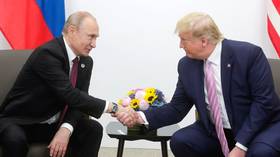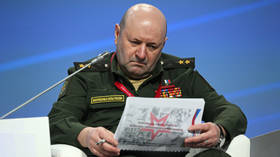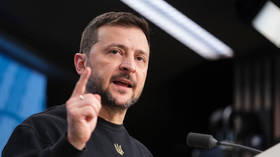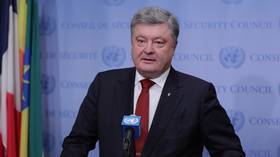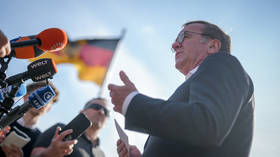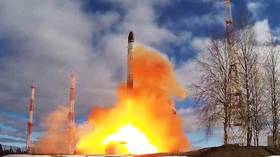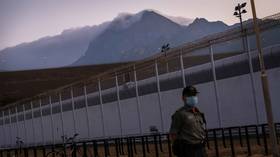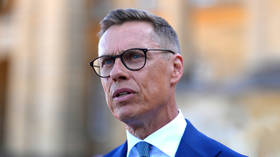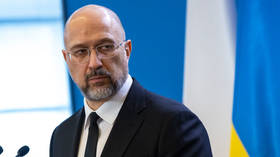Putin outlines conditions for Russian nuclear test
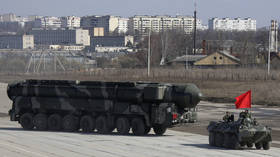
If the US resumes nuclear testing, Russia may consider doing the same, President Vladimir Putin has said in an extensive interview with journalist Dmitry Kiselyov, set to be aired by Russia 1 TV and RIA Novosti on Wednesday.
Answering a question about tactical nuclear arms, Putin stressed that weapons of mass destruction have never been used by Russia in Ukraine.
“Weapons exist to be used. We have our own principles and they imply that we are ready to use any weapons, including the ones you mentioned, if we are talking about the existence of the Russian state, in case of a threat to our sovereignty and independence. Everything is written in our Strategy, we haven’t changed it.”
In June 2020, Putin signed a decree on Russia’s nuclear deterrence policy. The document provides for the use of nuclear weapons in a number of cases. One of them is aggression against Russia using conventional weapons when the existence of the state is under threat.
Russia downgraded its participation in the 1996 Comprehensive Nuclear-Test-Ban Treaty (CTBT) in November 2023, saying the move was merely designed to bring Russia in line with the US, which has refused to ratify it for over 25 years.
The CTBT, which prohibits “all nuclear explosions, whether for military or peaceful purpose,” was signed by 187 countries and ratified by 178. Russia originally ratified the treaty in 2000. The US is one of several countries that never ratified the ban, including other nuclear powers such as China, India, and Pakistan. The treaty has been ratified by all EU member states. Russian officials have said that exiting the treaty does not mean the Kremlin will resume nuclear testing, and that it would only consider doing so if the US decides to do the same.
In November, former US President and current candidate Donald Trump told the Spanish-American outlet Univision that the real threat to the world is not global warming but “nuclear warming” from an atomic war.
The Trump White House withdrew from two major Cold War arms control treaties, the Intermediate Nuclear Forces (INF) and Open Skies, citing alleged Russian violations.
It also dragged its heels on extending the Strategic Arms Reduction Treaty (New START), arguing it should be replaced by a new treaty that includes China.
President Joe Biden’s White House extended New START through 2026, but rejected Russia’s comprehensive security proposal in late 2021, setting the stage for the Ukraine conflict. Moscow has suspended New START with the US, saying it is senseless while Washington is aiming for Russia’s “strategic defeat” in Ukraine.
